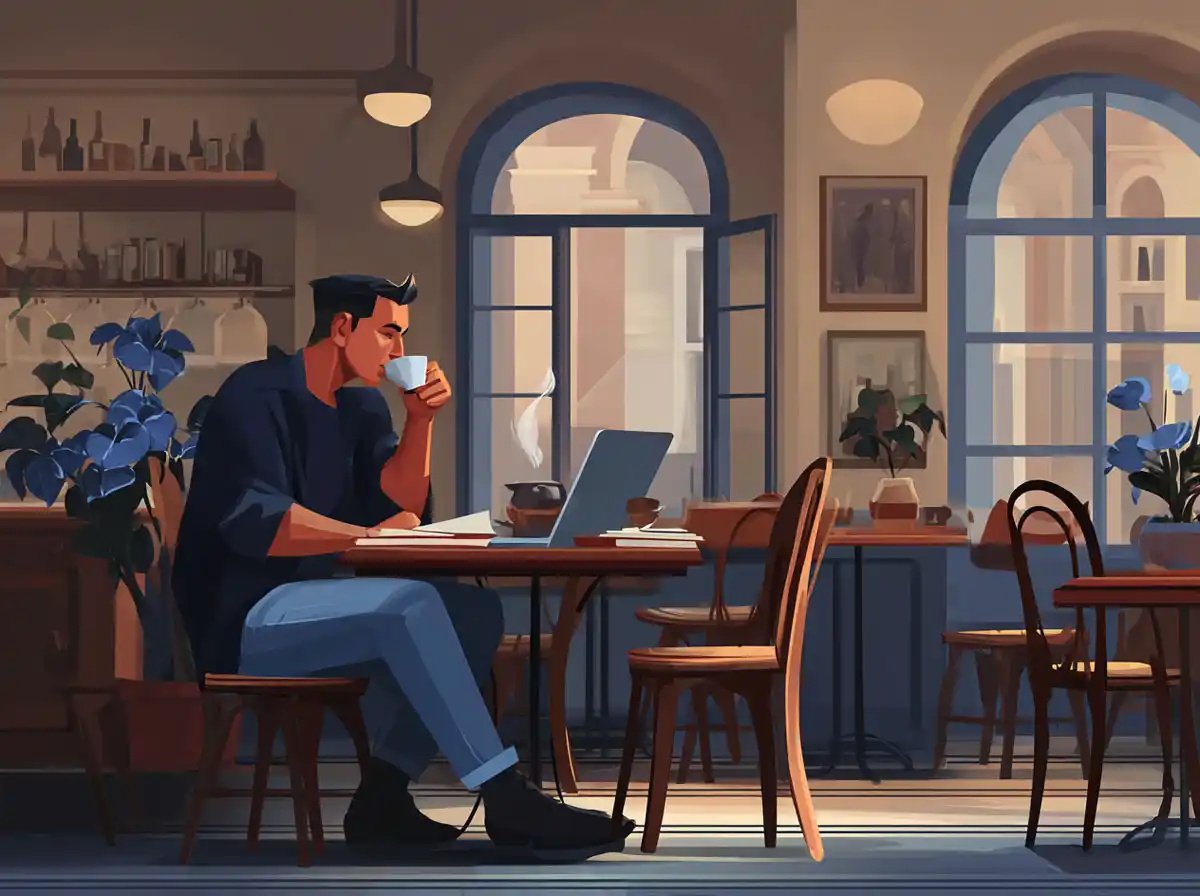Übung 1: Deklination von Nomen und Artikeln
Ich habe *einen* (a, masc. acc.) Hund.
Das ist *ein* (a, neut. nom.) schönes Bild.
Sie trägt *eine* (a, fem. acc.) rote Tasche.
Er liest *eines* (a, neut. gen.) Buches.
Wir gehen in *einem* (a, masc. dat.) Restaurant essen.
Das Mädchen spielt mit *einem* (a, neut. dat.) Ball.
Er gibt *der* (the, fem. dat.) Frau ein Geschenk.
Wir fahren mit *dem* (the, masc. dat.) Auto zur Arbeit.
Ich kaufe *das* (the, neut. acc.) Buch für meinen Bruder.
Sie besucht *die* (the, fem. acc.) neue Ausstellung im Museum.
Er trägt *den* (the, masc. acc.) schweren Koffer.
Die Farbe *des* (the, masc. gen.) Himmels ist blau.
Die Größe *des* (the, neut. gen.) Hauses ist beeindruckend.
Die Stimme *der* (the, fem. gen.) Sängerin ist wunderschön.
Ich arbeite in *der* (the, fem. dat.) Marketingabteilung.
Übung 2: Deklination von Adjektiven
Das ist ein *schönes* (beautiful) Haus.
Er hat *große* (big) Hände.
Die *kleine* (small) Katze schläft auf dem Sofa.
Wir haben *kaltes* (cold) Wetter heute.
Die *heiße* (hot) Suppe schmeckt gut.
Ich trinke gerne *frischen* (fresh) Orangensaft.
Sie trägt eine *lange* (long) Jacke.
Er mag *kurze* (short) Hosen.
Die *alte* (old) Dame lächelt freundlich.
Das *neue* (new) Auto ist sehr schnell.
Er hat *rote* (red) Schuhe an.
Die *blaue* (blue) Bluse passt ihr gut.
Ich esse gerne *grünes* (green) Gemüse.
Die *gelbe* (yellow) Sonne scheint auf das Meer.
Wir haben *junge* (young) Pflanzen im Garten.










